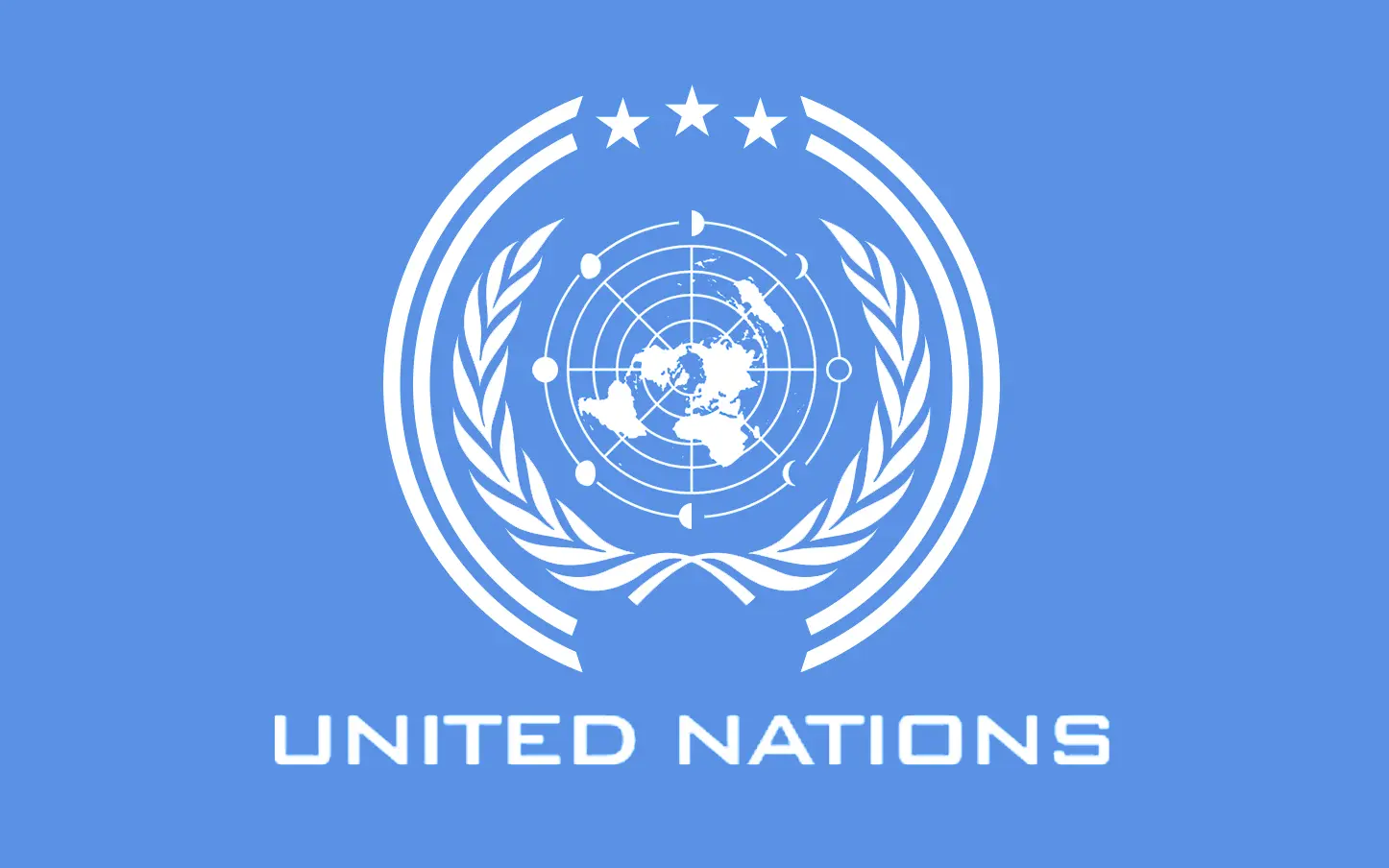United Nations experts have called on Pakistan to end serious human rights violations in Balochistan, raising alarm over enforced disappearances, extrajudicial killings, and widespread restrictions on civil liberties.
In a joint statement issued Tuesday, the experts said Pakistan’s counter-terrorism operations in Balochistan have had “excessive and harmful impacts” and called for full compliance with international law.
“We acknowledge the serious threat posed by armed groups in Balochistan and express our solidarity with the victims of terrorism,” they said. “All measures to counter terrorism must always respect international human rights and humanitarian law.”
The experts described the “unrelenting use of enforced disappearances” in Balochistan as “a serious human rights violation and an international crime.”
“We urge Pakistan to establish independent and effective search and investigation mechanisms to identify the fate and whereabouts of those forcibly disappeared, criminalise enforced disappearances and hold perpetrators accountable,” the statement said.
They also called on Pakistan to ratify the International Convention for the Protection of All Persons from Enforced Disappearance and to “recognise the competence of the Committee on Enforced Disappearances to receive and examine complaints.”
The experts expressed concern that Pakistan “appears to conflate legitimate human and minority rights advocacy and public demonstrations with terrorism, threatening freedoms of expression, assembly, and association.”
They condemned repeated internet shutdowns in Balochistan, saying such actions had “impeded freedom of information, transparency, accountability, political participation, and civic space.”
The statement also condemned reports of “widespread torture, ill-treatment, extrajudicial killings and indiscriminate violence by security forces, especially against peaceful protesters and Baloch human rights defenders.”
The experts expressed alarm at the “detention of Baloch Yakjehti Committee (BYC) leaders and their supporters and actions against their family members and lawyers, which may amount to reprisals for their interaction with United Nations mechanisms.”
They urged Pakistan to provide stronger protections for human rights defenders and peaceful protesters and to offer effective remedies to victims.
The experts raised concern over Pakistan’s Anti-Terrorism Act, calling its definition of terrorism “vague and overbroad,” and said it had enabled “the abusive listing of hundreds of individuals as ‘proscribed persons’,” including activists, students, civil servants, and academics.
They noted that “prominent Baloch activists have also been placed on the ‘Exit Control List’, barring them from leaving the country.”
The UN experts also criticised proposed amendments to preventive detention laws and plans to introduce new internment centres for terrorism suspects in Balochistan.
“Proposed new internment centres for terrorism suspects in Balochistan could also lead to gross human rights violations, including arbitrary detention, enforced disappearances and torture,” the statement warned.
They called for “a thorough review and amendment of these laws, proposals and practices to ensure full respect for international human rights law.”
The experts also called on Pakistan to address the underlying causes of conflict in Balochistan.
“Pakistan must also increase its efforts to address grievances in Balochistan that may fuel violence,” they said. “All States [must] address the root causes of violence to effectively combat terrorism, such as unresolved conflicts, weak rule of law, human rights violations, discrimination, political exclusion, socio-economic marginalisation, and poor governance.”
The experts said they had formally communicated their concerns to the Government of Pakistan and stood ready to provide technical assistance.

